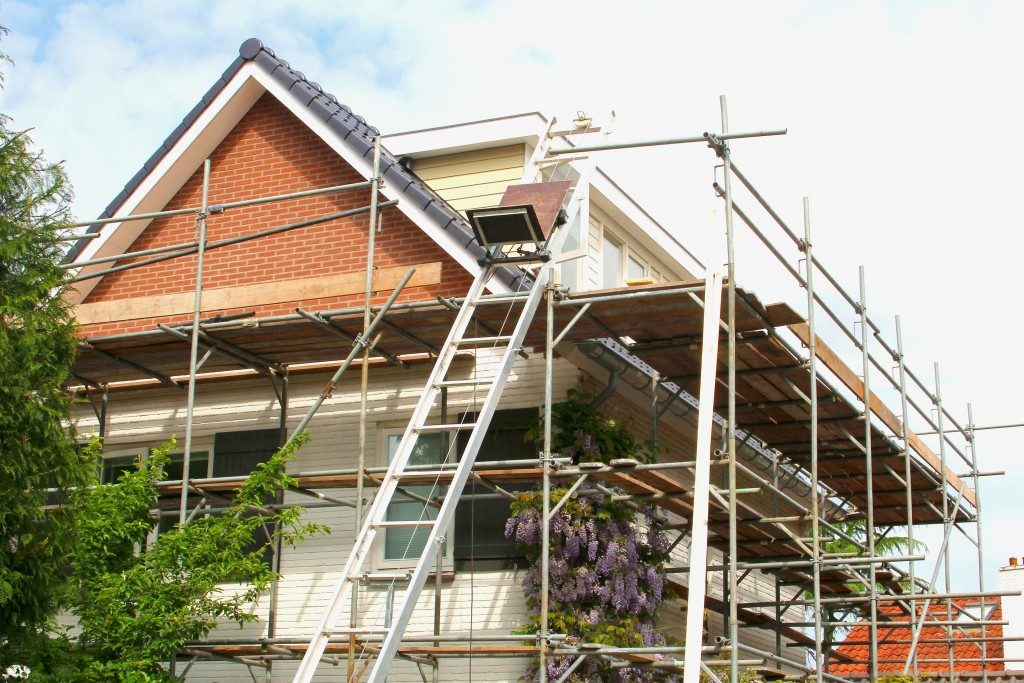When selling a house in Colorado, there is a notion that your property must be in good condition as a courtesy to the next owner. Furthermore, sweat equity can increase the value of your piece of real estate in hopes of attracting more serious buyers and justifying a higher asking price.
These are the reasons why many fixer-upper sellers feel pressured to make specific improvements before listing their properties. It can seem like the right approach to selling your house quickly in Fort Collins or Loveland, this route is not always worth taking.
Below are the signs that you might be better off selling your fixer-upper as is.
The Real Estate Market Is Cold
When the market is cold, the buyers own it. As a seller, you have little leverage to negotiate for a higher price for your property. You might have to spend a ton of money on a renovation to compete with similar properties in your neighborhood.
It makes sense to get your house fixed only if you are targeting a buyer who intends to live in it after the sale. After all, you have to take care of the structural repairs and leave the aesthetic enhancements to the next owner.
But then again, do not expect to recoup all or most of your expenditure in a buyer’s real estate market. If there is low property demand in your area, you might want to sell it to an investor for cash.
The Cost of Home Improvement Is Unreasonable
Pouring your financial resources on sweat equity to jack up the price of your house is a gamble. Investing in specific home projects does not guarantee a positive return.
If you need to borrow money to finance your home improvements, this strategy becomes even less viable. The interest you have to pay to borrow adequate funds to make your fixer-upper more habitable and presentable will affect your property’s competitiveness. There is a good chance that you might price out several buyers, causing your house to stay longer on the market.
The Scale of Construction Is Too Much
Dealing with home improvement is not the most pleasant experience. Unless you have another place of residence, dealing with the noise and mess can upend your family’s lifestyle. Not everyone has the energy and patience to endure such pain, knowing that the one who will enjoy the house after construction is someone else.
The Mortgage Is Upside Down

If you have an underwater mortgage, strongly consider selling your house sooner rather than later if you can no longer maintain repayment. A short sale is going to hurt your credit, but it is less of a bitter pill to swallow than watching your FICO scores drop significantly due to delinquency.
Your mortgage lender might even agree not to add the derogatory mark on your credit reports if you have a good relationship with them. Paying less than what you owe on your house can be more acceptable to your creditor than abandoning your financial obligation altogether.
Dealing with a cash buyer is not without drawbacks, but selling your fixer-upper to a real estate investor comes with unique merits. Although it might be your most valuable possession, putting it on the market in “as is” condition (even it if means receiving less money for it) could be your best option to make the most out of it.



